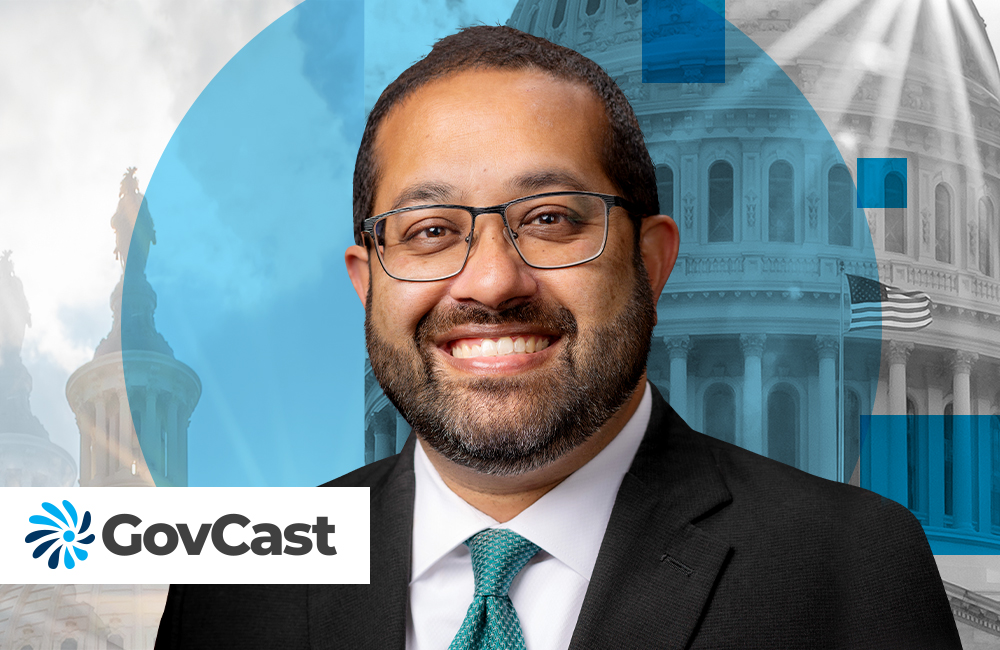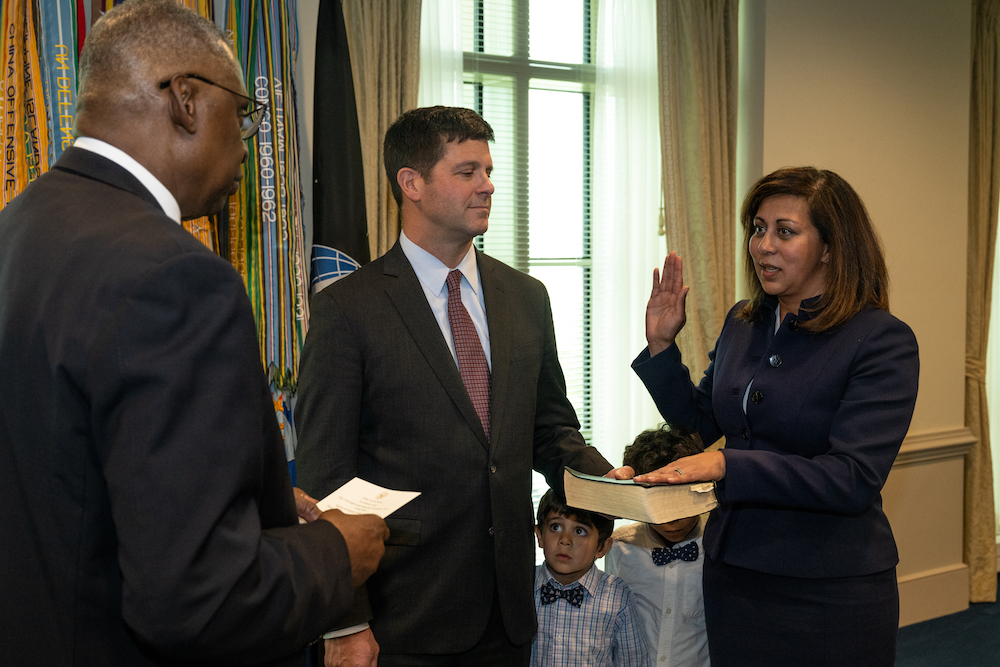Health Records Modernization Improving Care, Data Sharing Across Government
Investment in electronic health records has fostered productive collaboration between agencies.

Investment in federal electronic health records and data consolidation has already paid dividends in improving both continuity of care as well as overall digital modernization across partner agencies.
Speaking at the 2021 GovernmentCIO Media & Research Health IT: New Horizons in Medicine summit, representatives from the U.S. Coast Guard, Federal Electronic Health Records Modernization (FEHRM) Program Office and DocuSign discussed how progress in formalizing electronic health record modernization across government is leading to improved patient outcomes and smoother data management.
This has been an especially fruitful development in smoothing coordination between health-focused agencies and community care providers, with Director of the FEHRM Program Office Bill Tinston noting a multiplicative improvement in data coverage.
The departments of Veterans Affairs and Defense created the FEHRM office in 2019 to implement a single, common EHR and oversee the delivery of the common record that is shared between departments and interoperable with community care providers.
“I think the coverage of the community health care providers on the DOD side with the Health Information Exchange was about 14% … and I think it was about 30% on the VA side,” Tinston said. “The really exciting thing is on the DOD side they’ve gone from 13% coverage to 65% of the community care providers, and then from 30% to 65% on the VA side, which is a huge improvement.”
Tinston detailed that this has been crucial for improving continuity of care and providing caregivers with the patient information and medical history necessary to provide effective treatment, while allowing them to more easily sort relevant data.
“It makes all of that available to them because the relevance can be very different. You probably don’t want to know about his broken leg from when [the patient] was eight, but you do want to know about the encounter that he had last week and the COVID testing that he had,” he said.
In discussing intra-agency efforts, the office’s Director of Interoperability Lauren Thompson outlined how collaboration across government is also helping move federal agencies toward the next phase of working more closely with private health care providers.
“We’re aligning around common standards, common capabilities, common configuration sets that are being deployed into clinics and medical facilities,” Thompson said. “As we move toward a common record it becomes much more about ensuring that we’re able to exchange seamlessly with providers in the private sector who provide community care to all of our beneficiaries.”
Private sector partners have also been particularly focused on assisting records digitization over the past year, with DocuSign Senior Product Manager Christina Wong noting that remote data access has become especially crucial in the wake of a mass shift to remote work amidst the COVID-19 pandemic.
“When you think about the patient journey, and for them to get care, they need to be able to have more a touchless experience now. Because going into the office, or filling out paperwork and in excessive waiting, has actually prohibited them from getting the care that they need,” she said. “The way COVID-19 has kind of altered DocuSign’s vision is really around being able to help providers and agencies adopt some of these new ways of being more touchless to be able to care for their patients and help with their remote workforce.”
Ongoing EHR efforts appear to have helped standardize health IT management across government as a whole, as well as streamlining acquisitions with industry providers. U.S. Coast Guard Deputy Director of Acquisition Programs Justin Meyer detailed that this has helped smooth out the contracting process.
“Across the federal sector we really have become more flexible and agile in some of our internal processes, which includes a lot of early and active engagement with our industry partners as well as other federal and military partners to really understand what’s in the realm of the possible and what is out there now. It also, on the other side, gives industry folks a better sense of our goals and requirements.”
The Coast Guard recently deployed its new EHR system at pilot sites. The service chose to join the Defense Health Agency and Veterans Affairs on MHS Genesis after critical research and analysis support from its parent agency, Department of Homeland Security.
This is a carousel with manually rotating slides. Use Next and Previous buttons to navigate or jump to a slide with the slide dots
-

How Tech Enables Environmental Justice at EPA
The agency wants to eliminate bias and establish new tech standards to reduce greenhouse gas emissions.
39m listen -

The CAIOs Leading Responsible AI Development Across Government
Since the White House's AI executive order, federal agencies are in the process of naming chief artificial intelligence officers.
7m read -

How TMF is Helping Agencies Accelerate Tech Modernization
The program launched a new AI pilot to expedite TMF applications as agency leaders urge more to consider applying for funds.
4m read -

Defense Board to Pitch Solutions for Closing Tech Talent Gaps
Defense Innovation Board members cite need to modernize people management the same way government modernizes technology.
4m read




